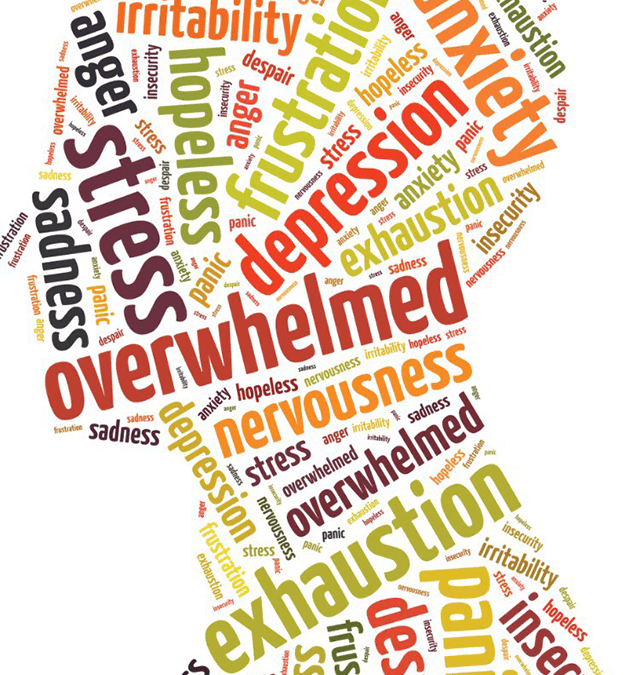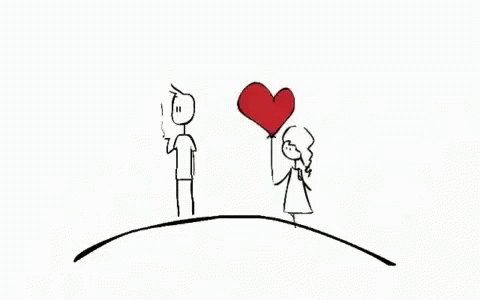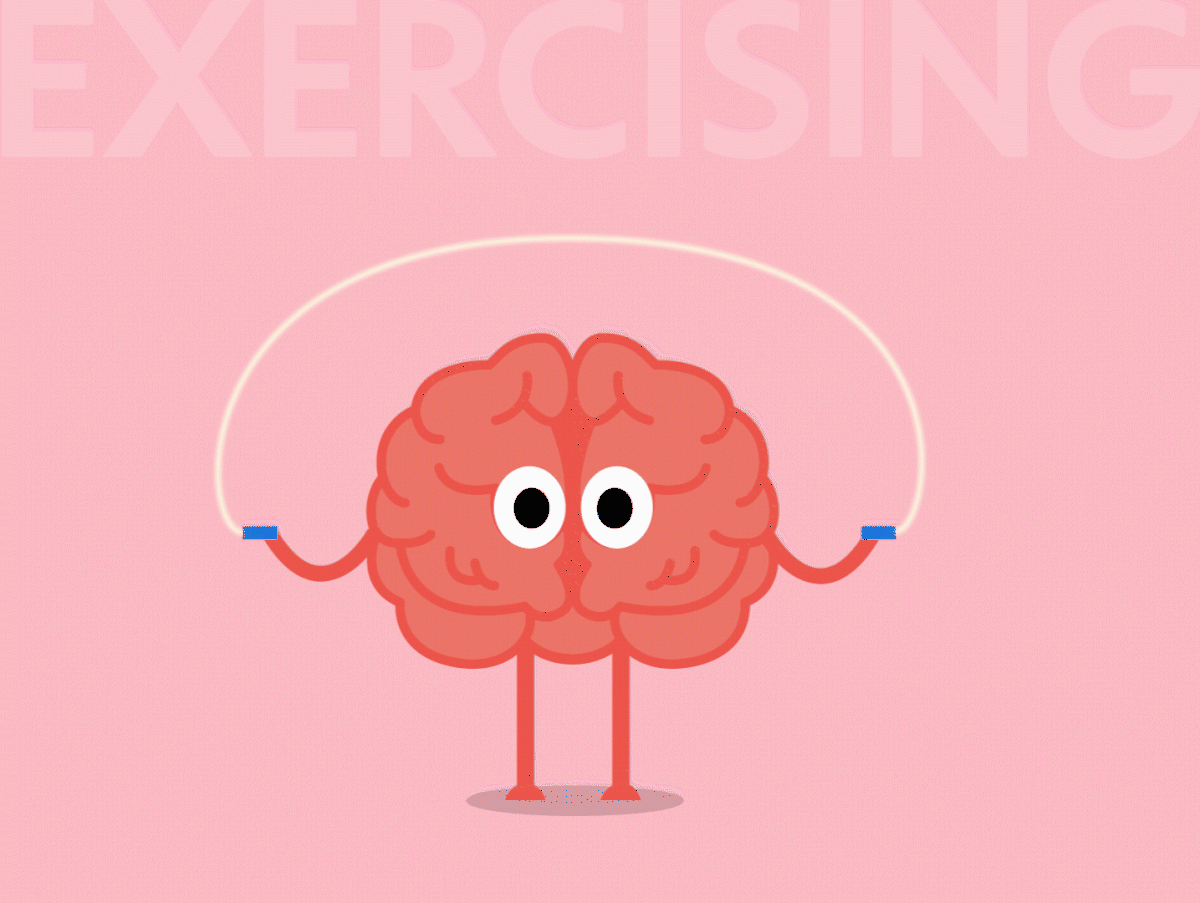What is college depression?
“You say you’re ‘depressed’ – all I see is resilience. You are allowed to feel messed up and inside out. It doesn’t mean you’re defective – it just means you’re human.”
~David Mitchell
So, what does depression mean? Talking about some bookish knowledge, depression is a mood disorder that causes a persistent feeling of sadness and loss of interest for at least two weeks or longer. College depression is the most common problem. It isn’t a specific diagnosis. It’s a kind of depression that happens during your college life.

Signs of depression in college
- -Persistent feelings of sadness
- -Disconnected from feelings
- -Lack of interest in the world around you
- -Trouble focusing
- -Guilt
- -Persistent body aches
- -Not getting out of bed
- -Insomnia(sleeplessness)
- -Feeling like the world would be better off without you.
- -Hopelessness
- -Irritable
- -Worthless
- -Restless
Why are college students vulnerable to depression?

Forget to analyze: I’m sure you all must have experienced that excitement of going to college, making new friends, and exploring the all-new world. It’s natural to feel this way. But, in this excitement, we often forget to analyze the change that will probably come along with all this. There will be changes in our lives, our thinking, our mental health, and overall, our personality.
Homesickness OR No restrictions: Many of you must have had to leave your home for further studies. Leaving home is a big step in any person’s life. In the beginning, you feel that you could enjoy our independence staying away from your family members, but homesickness can hit when you least expect it! Often for the first time in our lives, we are living on our own without any limits on our sleep patterns, the foods we choose to eat, and how much time we spend on activities such as video games or social media. There are no restrictions.

Money and intimate relationships: As college students, we face challenges, pressures, and anxieties that make us feel overwhelmed. We need to adapt to new schedules and workloads and adjust with our roommates. Money and intimate relationships can also serve as a source of prolonged stress and eventually lead to depression.
Carry genes: Depression does not have a single cause. Several factors can lead to depression. Some people carry genes that increase their risk of depression. But not all people with depression have these genes, and not all people with these genes have depression. Environment—your surroundings and life experiences, such as stress, also affects your risk for depression.
Stresses during the college may include:
- -Living away from family for the first time
- -Missing family or friends
- -Feeling alone or
- -Experiencing conflict in relationships
- -Facing new and sometimes difficult school work
- -Worrying about finances.
The problem with young love

Most of us are aware of how breakup affects us. It leads to depressive feelings which ultimately lead to intrusive thoughts, difficulty controlling these thoughts, and trouble sleeping. We feel that we have lost the most important person in our life. We feel sad and tears accompany us when we think about that person. Our expectations kill us. We get suicidal thoughts and feelings that the world is over. But it is not so.
After a breakup, some of us suffer from depression for quite a long time as we aren’t able to accept the fact that it’s over, while some of us learn from the experience and come out even stronger than before. We start focusing on our career and the things that matter to us. So, it is totally on us that how we cope up with a breakup and the stress or depression that accompanies it.
Which one of these two are you?
Students who are most likely to become distressed after a breakup experienced neglect or abuse during childhood, had an insecure attachment style, felt more betrayed, and were more unprepared for the breakup. The best therapy for depression is time. We need to give time. As we all know, time is the best healer.
What to do when in doubt about Depression?

The first step is to talk with a doctor or mental health care provider. Your family doctor, campus health center staff, or other trusted adult may be able to help you find appropriate care.
A doctor or mental health care provider will ask you about:
- Your symptoms,
- Your history of depression,
- Your family’s history of depression,
- Your medical history,
- Alcohol or drug use,
- Any thoughts of death or suicide.
It is always beneficial to self analyze when you have doubts about depression, as it helps and solves various questions asked by Mental health care professionals too.
Preventive measures
Engage in Psychotherapy
When in depression, you must not cope up with it alone. You need to seek professional help. Trained and licensed mental health professionals can help you deal with depression in the best possible way. They discuss about the issues causing depression and help you to find a way to solve them. They keep your information and experiences confidential and never judge you or your decisions. Many college campuses provide on campus counseling centers for students to access at little to no cost. Therapists on college campuses will often have been hired for their ability to connect with and support college students.
Here’s a video on how to Cope With Depression-
Spend Time in Nature
It may sound simplistic, but when a depressive person spends time with nature, the symptoms of depression tend to reduce. His/her mental health improves. Many college campuses are located in beautiful settings with easy access to walking or hiking trails. Finding time to sneak away even once a week could have a significant impact on our mental health.
Exercise

Exercise has numerous physical as well as mental health benefits. As we are talking about depression, I would enlighten you with some of the mental health benefits. These include reduction in stress, anxiety, depression and it also calm your nerves.
Improve your Nutrition

We all know that eating nutritious food is keeps us healthy and makes us feel well. In college life, we do not focus much on eating healthy food. We do not even eat food on time. This is an important part of our life and must be taken care of.
Avoid Drug and Alcohol Use
When in depression, we must avoid consuming alcohol or drugs. I would rather suggest you to not consume either of these even if you don’t have depression. Drinking in college has nowadays become quite normative. Peer pressures, especially lead us into these things. It is important for us to understand the negative health impacts of drug and alcohol consumption. Depressive students could benefit from avoiding alcohol consumption.
Improve your sleeping habits

The American Psychological Association (APA) explains why college students don’t get enough rest— reasons such as social commitments, stress, and trying to fit in time to study. However, sleep is critical to our mental health. We must learn how to prioritize and get good sleep to keep our self mentally fit.
Conclusion
At the end, I would like you to know that you are a worthy person. Life is not that hard but we insist on making it one. You cannot be lonely if you like the person you are alone with. Give yourself another day, another chance. You will find your courage eventually. Don’t give up on yourself just yet!
Note from the Editor– Always seek help when in need you are not the only one, and there is nothing to be shy of, mental health issues are the same as physical health issues, and there is a beautiful life ahead of you.
You may also like to read-




















